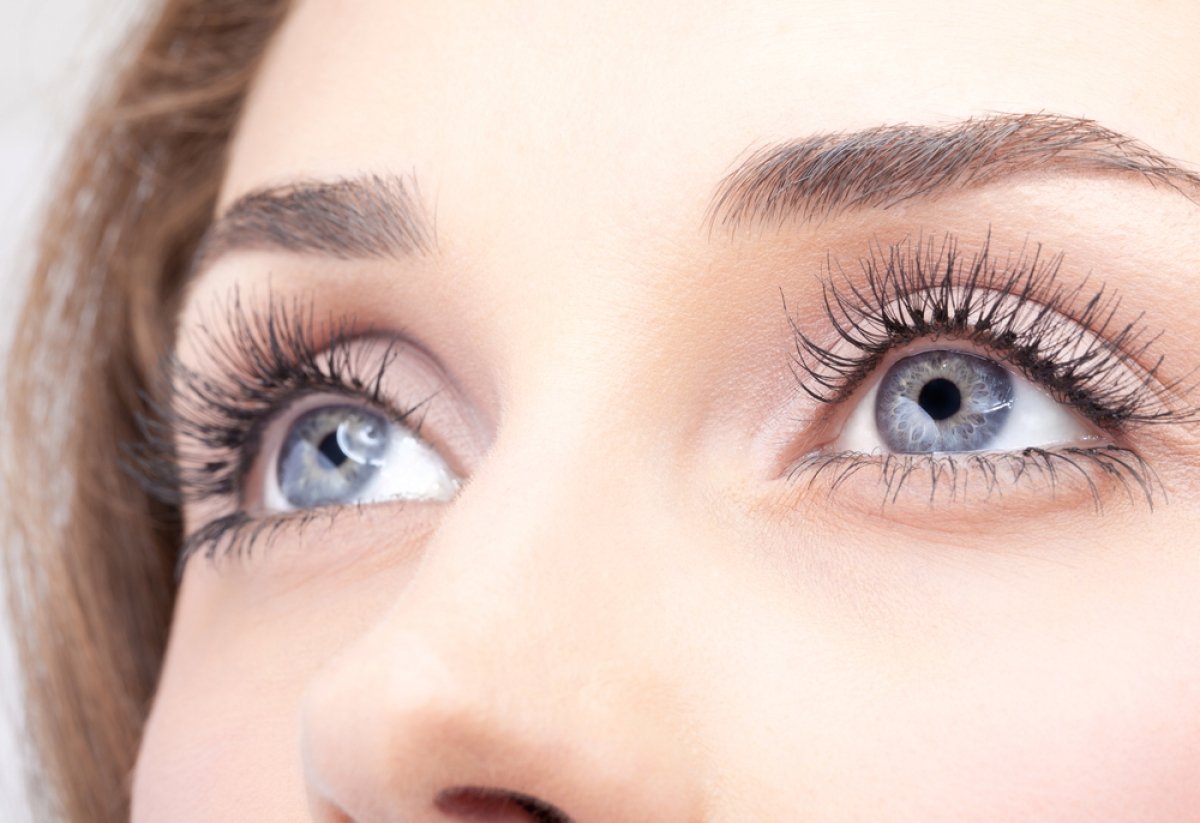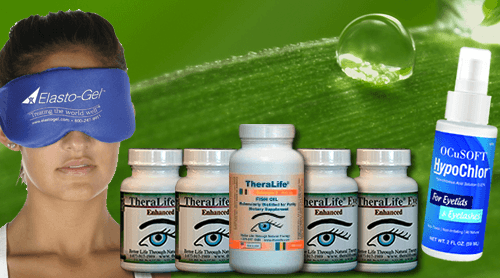
The clinical presentation of evaporative dry eye is variable. Most patients report non-specific symptoms such as visual disturbance, photophobia, or ocular discomfort. Patients may also feel burning, grittiness and excessive wateriness. These symptoms can be accompanied with reflex tearing. These symptoms, which can vary between patients, are often associated with decreased blinking speed, increased sensitivity of light, and reduced friction.
What is Evaporative Dry-Eye Syndrome
Evaporative Dry Eye Syndrome is a condition where the meibomian eyelid glands become inactive or inefficient. This leads to poor resurfacing. Other causes include abnormal protrusions of eyeballs and lid apertures, as well as poor lidglobe alignment. Although the condition is not always curable, it can be managed. The best treatment for evaporative dry eyes is to treat the underlying cause of evaporative drying.
Treatment for Evaporative Dry-Eye Syndrome: At-Home
There are no specific medicines to treat evaporative dry eye. Home remedies and a proper examination can help to manage the condition. Your doctor may perform an in-office procedure called “meibomian gland exlation” to treat this condition. This involves applying warm compresses to your eyelids and a forceps-type device to squeeze the clogged contents from the meibomian glands.
Other home remedies for evaporative eye disease include regular rest and breaks from computer use. The best way to improve the condition, is to stop using eyeliner and other makeup. These can clog the meibomian cells, which produce oily and lubricated tear. If the symptoms do not improve, it is possible to seek medical care. If the problem persists, your physician may prescribe medication.
Evaporative dry eyes can be diagnosed using a variety of tests. One test that can be used to diagnose evaporative dry eye is the Schirmer test. This measures the amount and frequency of tears produced at a specific time. If you have any of these symptoms, it is time to see your doctor. Eye health is vital. Therefore, you should be proactive about addressing the problem. It is not a good idea to wait for it to get worse. So, get the help you need.
Treatment for Evaporative Dry-Eye Syndrome: Doctor
If you have persistent symptoms, see your doctor immediately. Your doctor will likely prescribe antibiotic-steroid drops to prevent swelling and inflammation. Your doctor might also prescribe artificial tears solutions made from mineral oil and castor oil, depending on your symptoms. If these treatments fail to work, your doctor will refer you for treatment by an ophthalmologist. The doctor will perform a series test to determine the cause of dry eyes.
An ophthalmologist can prescribe antibiotic-steroid tablets to reduce swelling and inflammation. Artificial tear solutions may also be prescribed by an ophthalmologist that contain mineral oil or castor oil. An ideal treatment for evaporative dry eye is lipiflow thermal pulsation, a 12-minute outpatient procedure performed by a physician. This procedure can treat dry eye permanently. A doctor should be consulted if a patient is suffering from this condition.
Evaporative dry eyes can be treated with medications. For patients who are unable or unwilling to tolerate evaporative eye dryness, an off-label prescription can be made for LOTEMAX. AZASITE is an over-the-counter medication that can be used for up to two weeks. It is prescribed for evaporative eye dryness and is often prescribed to people with Meibomian-glands dysfunction. XIIDRA, a new prescription medication for evaporative keratoconjunctivitis, is a non-prescription option for this condition.
Sometimes symptoms may be mild but not inconvenient. However, mild cases are generally not warranted. It is important to consult with a physician and discuss the possible cause of your dry eye. While a doctor will take a look at your medical history, a diagnosis is necessary to prevent vision damage. When a patient experiences sudden onset of the condition, it may be a sign of an allergy.
Sometimes the tear film’s tear film lipid layer isn’t thick enough to provide proper hydration. This condition is characterized by a weakened lipid layer in the tear film. Evaporative dry eye symptoms include pain, grittiness and foreign body sensation. These symptoms should be reported to your doctor immediately. It is important to remember that some treatments for dry eye evaporative can lead to more serious complications.




